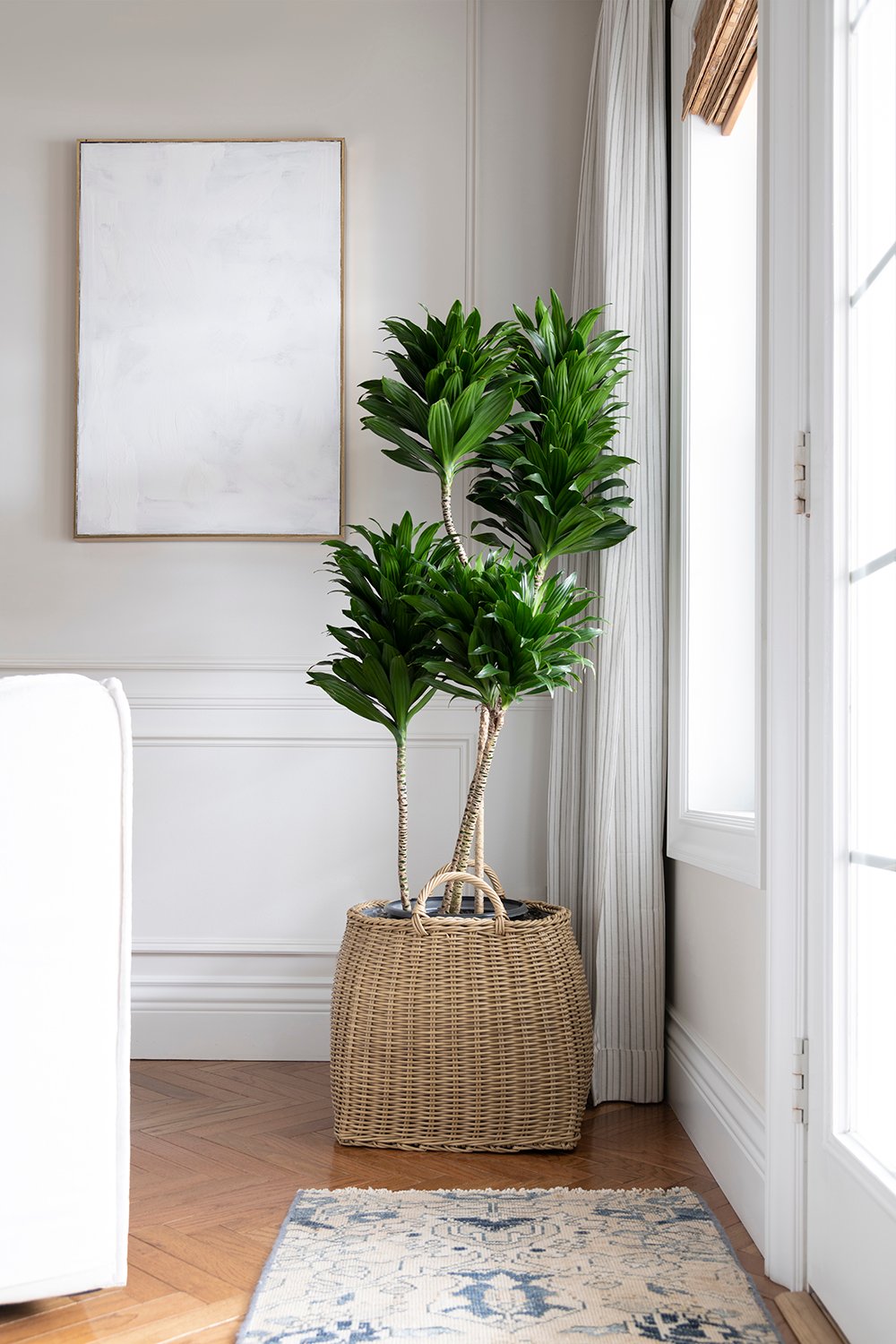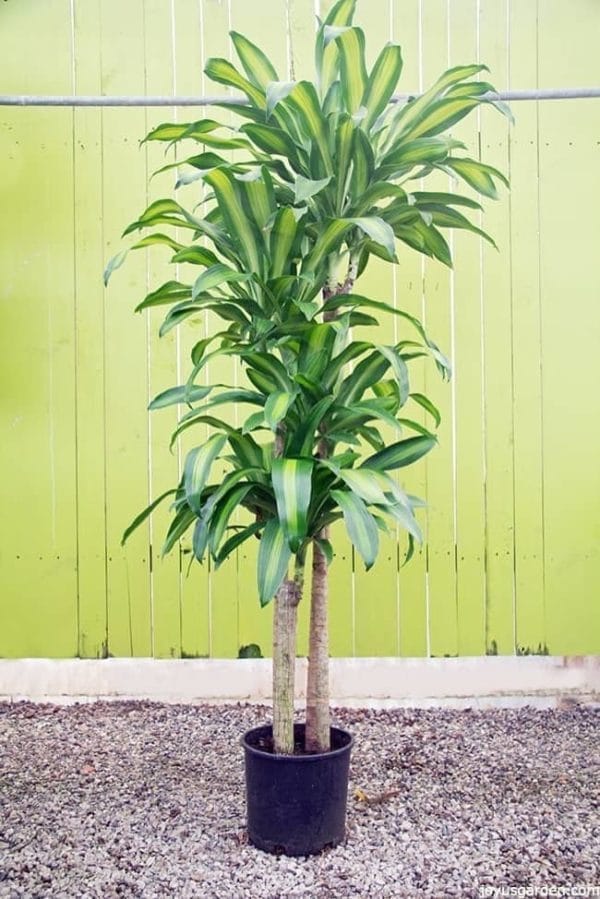Best Low-Light Indoor Plants for Creating a Relaxing and Green Environment
Best Low-Light Indoor Plants for Creating a Relaxing and Green Environment
Blog Article
Check Out the One-of-a-kind Advantages of Low-Light Indoor Plants for Your Living Area
Incorporating low-light interior plants right into your living area provides a wide range of advantages that expand far beyond mere aesthetic appeals. These hardy plants not just prosper in atmospheres with limited sunshine however likewise serve crucial features such as air purification and moisture improvement.
Air Purification Benefits
Low-light indoor plants not just improve the aesthetic charm of living spaces yet likewise play a significant duty in air filtration. Research study has actually demonstrated that particular plant species can effectively get rid of common interior toxins, including benzene, formaldehyde, and trichloroethylene. These compounds typically originate from household products such as furnishings, cleaning products, and structure materials, adding to indoor air top quality problems.
Plants such as the serpent plant, pothos, and peace lily are especially experienced at filtering harmful compounds from the air while thriving in low-light problems. The process of phytoremediation, in which plants absorb and metabolize toxic substances, makes it possible for these varieties to contribute substantially to a healthier indoor atmosphere. Furthermore, via photosynthesis, plants release oxygen, even more improving air high quality.
Including low-light indoor plants into home or office areas not just gives visual advantages yet also works as a useful method for boosting air top quality. By picking the appropriate species, individuals can produce an atmosphere that promotes wellness and decreases exposure to harmful pollutants, making these plants an essential aspect in contemporary indoor living.

State Of Mind Improvement Impacts
Many research studies have shown that incorporating indoor plants can substantially improve mood and total psychological well-being. The presence of plant in interior settings has actually been connected to minimized anxiety levels, increased sensations of peace, and enhanced emotional health and wellness. Low-light indoor plants, in certain, thrive in atmospheres where natural light is limited, making them perfect for numerous living areas.
Research shows that connecting with plants can promote the launch of serotonin, a natural chemical related to feelings of happiness and health. Furthermore, the act of caring for plants cultivates a sense of duty and accomplishment, more contributing to favorable psychological health end results. Low-light plants such as snake plants, pothos, and tranquility lilies have been shown to boost air quality, which is fundamentally connected to mood improvement.
Incorporating these plants right into your office or home can create a tranquil atmosphere, providing a sensory and aesthetic getaway from the pressure of day-to-day live - Best low-light indoor plants. As people invest increasing amounts of time inside your home, the mood-enhancing results of low-light interior plants become also more important, supplying not just visual appeal but likewise an extensive effect on emotional wellness
Reduced Upkeep Needs
For those looking for to boost their indoor spaces without a significant time commitment, low-light interior plants are an optimal option as a result of their reduced upkeep needs. These resilient plants thrive in less-than-ideal lighting conditions, making them ideal for homes and workplaces where all-natural sunshine is limited.

Pest resistance is an additional advantage of low-light indoor plants. Many selections are less prone to common parasites, minimizing the need for consistent tracking and intervention. Furthermore, these plants normally grow more gradually than their high-light counterparts, suggesting less frequent repotting and pruning are necessary.
Visual Allure and Versatility

Additionally, these plants can be arranged in myriad ways, whether in teams for a lavish result or as standalone attributes to attract the eye. The options of planter styles-- from streamlined ceramic pots to rustic wood find more containers-- additionally improve their aesthetic worth, visit here permitting house owners to reveal their personal design.
Additionally, low-light plants can be tactically placed in areas that may otherwise really feel neglected, such as edges or poorly lit racks, consequently maximizing their decorative possibility. Eventually, the combination of their striking look and flexibility makes low-light indoor plants a beneficial addition to any space, producing an inviting ambience that promotes health and relaxation.
Boosted Humidity Degrees
Enhancing indoor moisture levels is just one of the significant advantages of integrating low-light indoor plants into living rooms. These plants naturally release dampness vapor through a procedure referred to as transpiration, which happens when water absorbed by the roots relocates through the plant and vaporizes from the leaves. This procedure not just boosts moisture but likewise adds to a healthier interior setting.
Improved moisture degrees can relieve various wellness issues, such as dry skin, breathing troubles, and allergies. Numerous people experience pain in arid indoor conditions, especially throughout winter months when heater remain in usage. By strategically placing low-light plants throughout your home, you can produce an extra well balanced moisture degree that fosters overall wellness.
Moreover, particular low-light interior plants, like tranquility lilies and spider plants, are especially efficient at enhancing humidity (Best low-light indoor plants). Thus, low-light interior plants offer both aesthetic and functional functions, promoting a much healthier environment.
Conclusion
In recap, low-light interior plants supply countless advantages that add to a much healthier and find out here now a lot more inviting living room. Their capability to purify the air, boost mood, and improve moisture levels emphasizes their value as effective decoration aspects. In addition, their low maintenance needs and visual flexibility make them suitable for various environments. Including these resilient plants right into indoor settings not just elevates the atmosphere but likewise promotes general health, establishing a tranquil haven for homeowners.
Plants such as the snake plant, pothos, and tranquility lily are specifically adept at filtering unsafe substances from the air while flourishing in low-light problems. Low-light plants such as serpent plants, pothos, and tranquility lilies have actually been revealed to improve air quality, which is intrinsically linked to mood enhancement.
Low-light indoor plants, such as snake plants, pothos, and ZZ plants, not only enhance the visual landscape of a room however likewise introduce different structures and shades of eco-friendly that can match diverse indoor styles. These plants normally release dampness vapor with a procedure recognized as transpiration, which takes place when water taken in by the origins moves through the plant and evaporates from the leaves.Moreover, certain low-light indoor plants, like tranquility lilies and crawler plants, are especially efficient at enhancing humidity.
Report this page